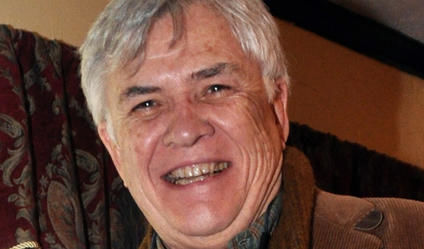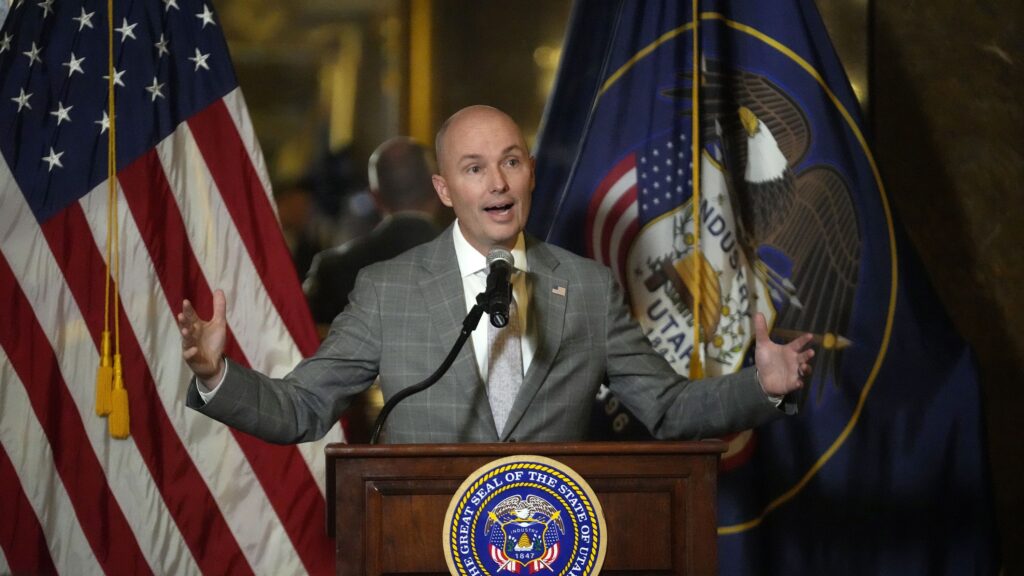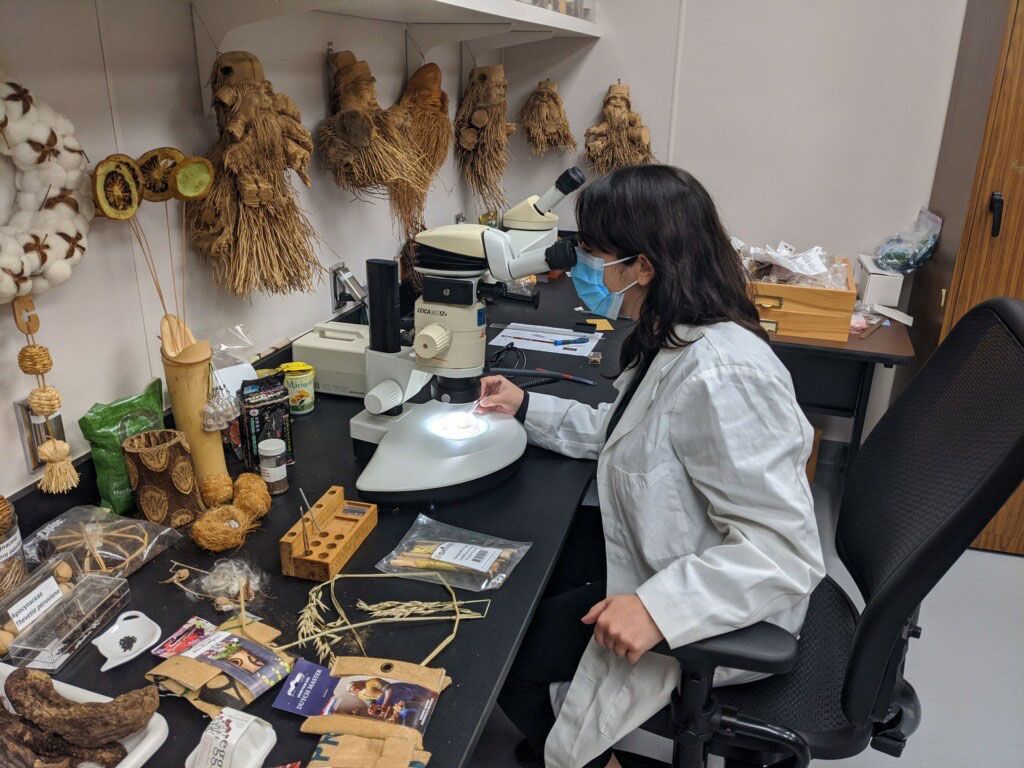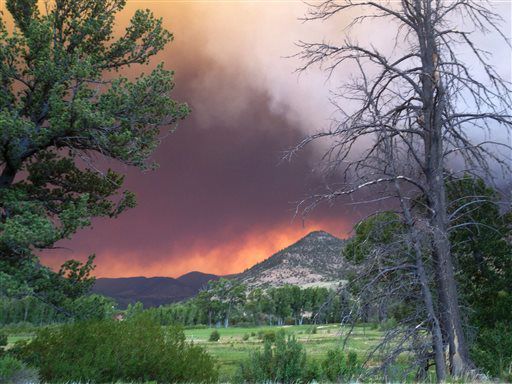Hudson: Have reformers made politics uglier without making them any cleaner?

I celebrated my 70th birthday on Sept. 29 with my kids, grandkids, wife and friends. The good news is that I might not have to purchase any wine until after Christmas. At my 50th birthday, I reported the only two things I was absolutely certain had improved since 1945 were beer and sunscreen. I have no reason to expand that list, although it has been gratifying to learn my early decision to drink whole milk and cook with real butter has been officially vindicated. I’m still holding out for the dietary benefits of bacon.
My doctor tells me that, having reached 70 in reasonably sound health, I should last another 20 years, although he continues to lust for a chance to replace my knees with titanium joints. He nearly persuaded me with the argument that I should do it now, while I’m still active, but he will have to wait out another ski season now that I find myself eligible for “super senior” discount lift tickets.
A more sobering viewpoint is that I am entering my eighth decade. That sounds like an alarmingly long time, even to me. It’s been 37 years since I ran for the Colorado Legislature, 33 since I returned to private life. It goes without saying that it was a different world then. Still, each new crop of legislators has shown little evidence of being better prepared or smarter, for that matter, than we were in 1978.
Jim Griesemer’s Strategic Issues Program at the University of Denver has just released its latest report, “Searching for Legislative Accountability: Rebuilding Citizen Trust in the Legislative Process.” Lamenting the growing public mistrust of government, hyper-partisanship and gridlock within our legislative bodies, as well as the increasing frequency with which Colorado voters handcuff elected officials through ballot initiatives, limiting their freedom of action, the panel recommends that institutional accountability be restored. The proposal would require the annual preparation of a Strategic Legislative Agenda that prioritizes major issues and challenges facing each governing body, followed by a Legislative Performance Report to voters appraising how well they took action on these agendas. Not to belittle the efforts of the panel, but this strikes me as simply another opportunity for gridlock.
In 1978, freshmen legislators were herded onto a bus in early December for a weeklong tour of state facilities: prisons, the state mental hospital, CDOT garages, health department labs, colleges, universities, water conservancy districts, regional centers for the handicapped, agricultural demonstration projects. Legislators shared meals with local school board members, mayors and county commissioners across the state. At the end of that week, you were a lot wiser, and you’d made friends with both Republicans and Democrats.
During the session, the Colorado Association of Ski Towns and Colorado Ski Country would take busloads of legislators and their families for a weekend visit to several ski areas. While your family enjoyed themselves on the slopes, you were tutored on the challenges of providing affordable worker housing, hiring bilingual teachers, figuring out water rights for snowmaking and dealing with parking and traffic management in resort communities. Back at the Capitol, lobbyists routinely purchased breakfast or dinner for legislators for the opportunity to corner them for 90 minutes of one-on-one persuasion – small compensation for the time taken out of busy schedules but appreciated on a $12,000 salary. Trust me, no votes were ever purchased with a $10 meal. But Colorado’s good government crusaders, most of them, I am embarrassed to acknowledge, liberal Democrats, would have none of it.
Wheresoever three or more legislators should gather together, a public notice must now be posted. (So much for the informal negotiation of compromises.) Henceforward, legislators were required to pay for their own meals, purchase their own coffee and buy their own drinks. No “junkets” for freshmen. No trips anywhere for anyone. And a state Independent Ethics Commission to police it all with the implicit message that elected officials are a naturally thieving, corrupt class of aspiring felons that demands around the clock surveillance. And we wonder why there is widespread mistrust of government?
I shared my bus seat with Nick Theos, a Republican sheep rancher from Meeker, during my freshman tour. The next summer he invited me to bring my family up to his ranch for a long weekend. He was a wonderful host, giving my kids horseback rides and letting them inexpertly shear a few lambs. One afternoon he drove me deep into his grazing lands to resupply his sheepherders. It was the first and only time I saw stands of virgin aspen towering a hundred and fifty feet into the sky. Nick spoke fluent Spanish, delivering his shepherds a fresh box of bullets for coyotes, a bottle of Jim Beam and a box of food staples for the week ahead. Nick explained to me that he couldn’t find Americans willing to spend an entire summer isolated with a few thousand sheep and living out of a wagon, which we towed several miles to follow the herd.
We had a long discussion about immigration policy and I returned to the Front Range a lot better informed than when I’d left. Nick and I could have drafted an immigration compromise that met the needs of both his ranching community and my barrio neighborhoods, but the need never arose. Nick later cast his vote against an open-container bill, alongside most urban Democrats, because he agreed it would likely be misused by law enforcement. It was these kinds of human relationships that made government work better across party lines 40 years ago, something no number of accountability reports seems likely to achieve today.
Miller Hudson is a public affairs consultant and a former state legislator. He can be reached at mnhwriter@msn.com












